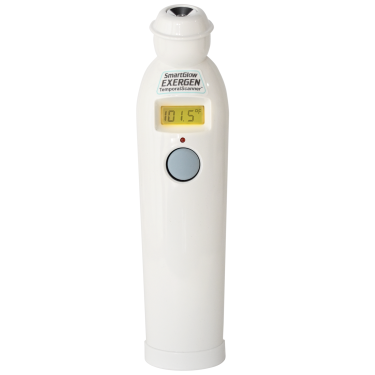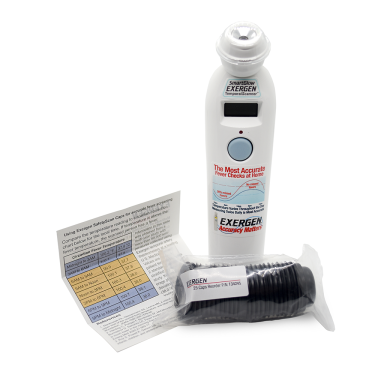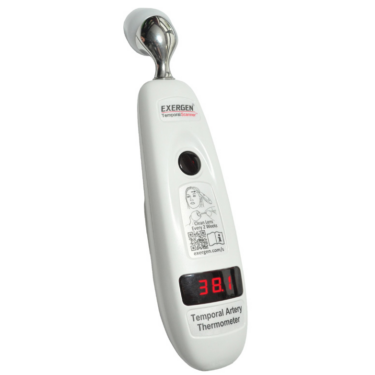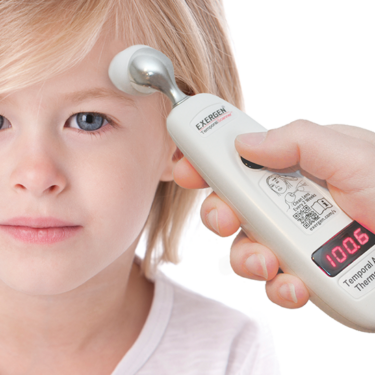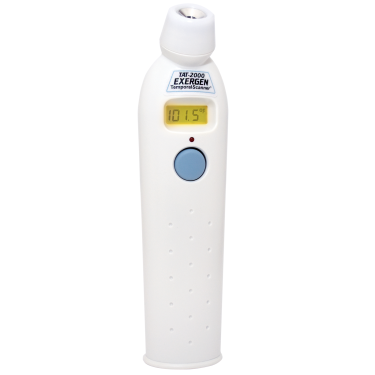In Kansas City a tuberculosis (TB) outbreak has been reported. Since January 24, 2025, health authorities have been tracking 67 active cases. It started in 2024 and has grown into one of the largest in the United States in recent years. The Kansas Department of Health and Environment (KDHE) is monitoring 384 individuals for potential exposure and providing them with testing and treatment.
While the source of the outbreak has not been determined, the Kansas health department has stated that the risk to the public is low. Officials are working to contain it with the Centers for Disease Control and Prevention (CDC). The CDC is helping with contact tracing, education, and offering resources for testing and screening.
TB: What is it and how does it spread?
Tuberculosis is an airborne disease caused by a bacterium that primarily affects the lungs but can also impact other parts of the body, like the brain. It spreads when an infected person coughs or sneezes, releasing tiny droplets that contain the bacteria into the air and can be inhaled by others.
TB exists in two forms, latent and active. Latent TB means the bacteria are present in the person but are inactive, showing no symptoms and not contagious. However, without proper treatment, latent TB can develop into active TB, which can be contagious and cause symptoms such as fever, persistent coughing, chest pain, fatigue, weight loss, and night sweats.
Since the outbreak began, 79 latent TB infections have been identified, with authorities working to prevent further progression to active TB. Those affected are being monitored, and treatment is available to them to help prevent its spread.
Global Context and Importance of Vigilance
The outbreak in Kansas comes when tuberculosis has reemerged as a global health concern. According to the World Health Organization (WHO), In 2023 TB surpassed COVID-19 as the leading cause of infectious disease-related deaths. This shift highlights the challenges in combating TB worldwide.
Health officials urge individuals to stay informed and to seek medical advice if they suspect they have been exposed to TB. With vigilance and quick action, the risk of the outbreak spreading can be minimized.
Since fever is one of symptoms, one way to stay on top of your own health is regular temperature checks, ideally twice daily to help track fever patterns. Using an easy-to-use, accurate thermometer like the Exergen Temporal Artery Thermometer ensures that temperature measurements are reliable and precise. This aids in making informed medical decisions.
Source,
EXERGEN P/N 850384, Rev 1
